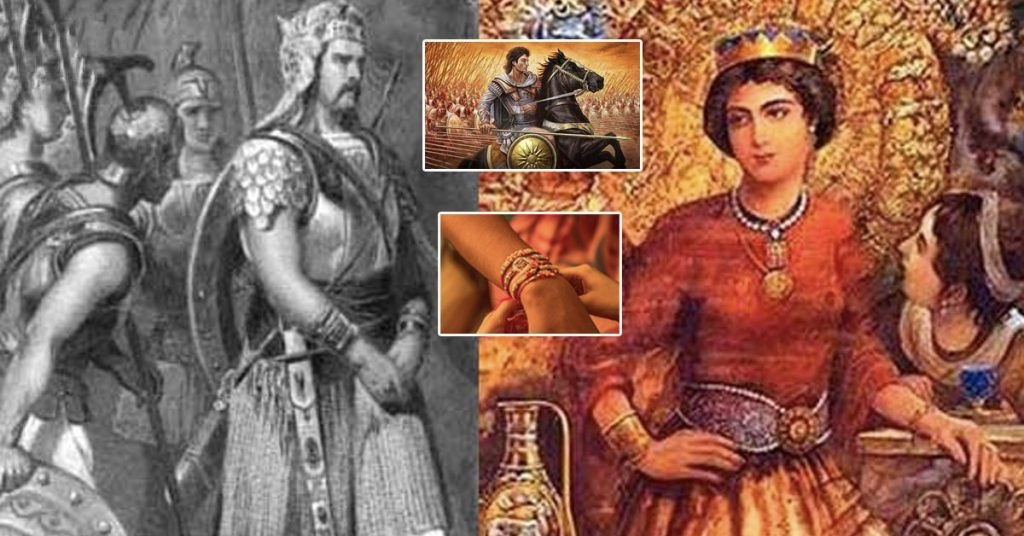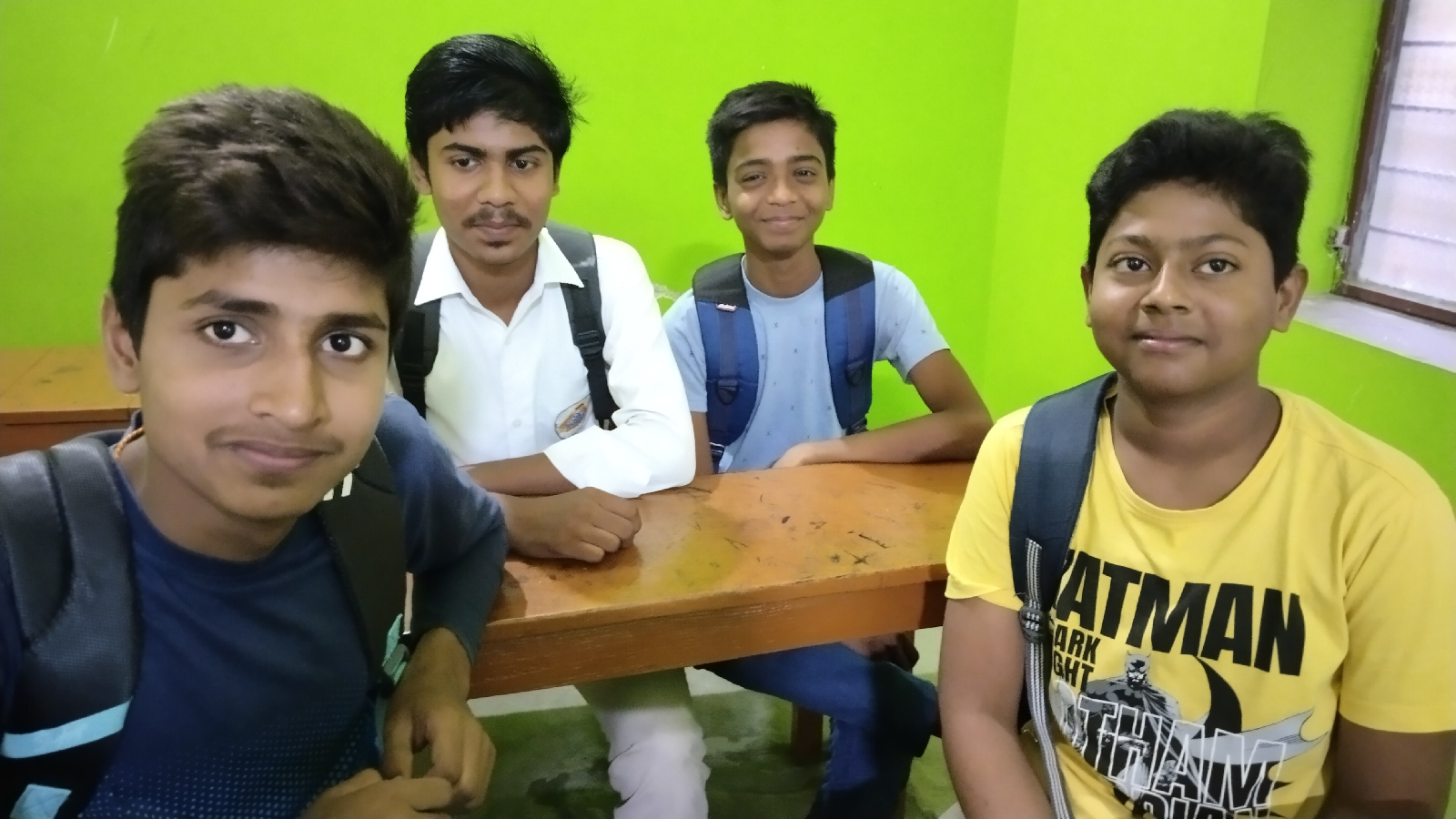Celebrating Raksha Bandhan: A Tapestry of Love, Legends, and Lifelong Bonds #RakshaBandhan
Raksha Bandhan is a special Indian festival that celebrates the bond of love and protection between brothers and sisters.
On this auspicious day, sisters tie colorful threads known as "rakhis" around their brothers' wrists, symbolizing their love, care, and a promise of protection. In return, brothers shower their sisters with gifts and promise to stand by them in all circumstances.
The festival holds a significant place in our culture, reinforcing the importance of sibling relationships.
It's a time when families come together, share joyful moments, and strengthen the bond that ties them. Through the act of tying the rakhi, sisters express their love and gratitude, while brothers reaffirm their commitment to safeguard their sisters' well-being.
So, this Raksha Bandhan, let's celebrate the beautiful relationships we share and remind ourselves of the values that make us better individuals, learners, and teachers.
The history of Raksha Bandhan dates back to ancient times and is rooted in various legends and stories.
Here are a few key points from its history:
1. Mahabharata Legend :
One of the most well-known stories associated with Raksha Bandhan is from the Indian epic, Mahabharata. According to the legend, Lord Krishna and Draupadi shared a strong bond of friendship.
When Draupadi tore a piece of cloth from her saree to bandage Krishna's wounded finger, he was deeply moved by her gesture.
In return, Krishna promised to protect and support her whenever she needed help. This incident is often cited as an example of the sacred bond between a brother figure and a sister.
2. Alexander the Great and Porus : Another historical account suggests that Raksha Bandhan has even crossed cultural boundaries.
During the invasion of India by Alexander the Great, his wife Roxana sent a rakhi to Porus, a powerful Indian king. Touched by the gesture, Porus refrained from harming Alexander when they faced each other in battle. This showcases how the festival symbolized the bond of protection and goodwill.
3. Rituals in Different Regions : Raksha Bandhan is celebrated across India with various regional customs and names.
In northern India, it's called Rakhi Purnima, while in the southern part of the country, it's known as Avani Avittam.
In Nepal, the festival is called Janai Purnima and involves changing sacred threads worn by men. These variations highlight the festival's diversity and wide cultural significance.
4. Spirit of Unity: Raksha Bandhan has historically symbolized unity and solidarity.
It's not limited to biological siblings; people tie rakhis to those they consider their brothers, transcending the boundaries of blood relationships. This reflects the spirit of inclusivity and harmony that the festival promotes.
On this Raksha Bandhan, let's recommit ourselves to upholding the values of love, protection, and unity that the festival signifies. Wishing you all a joyful and meaningful celebration.
With warm regards,
J.Sunil









Comments
Post a Comment